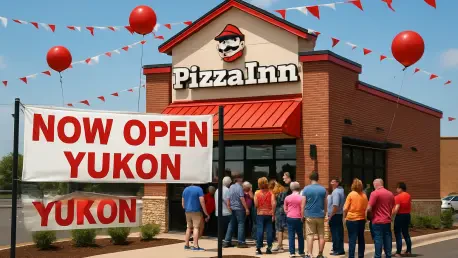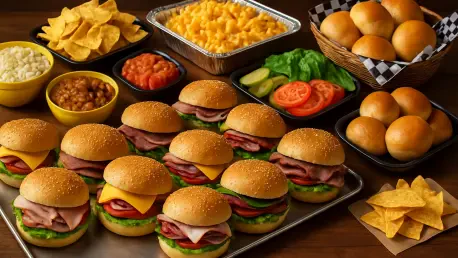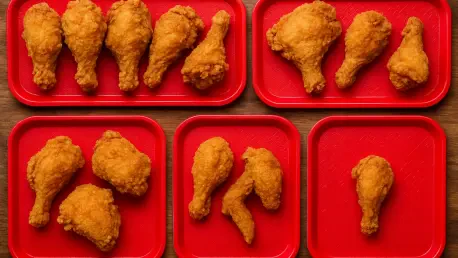
In the ever-evolving landscape of fast-casual dining, a new player is making waves with a bold expansion strategy that promises to bring fresh flavors and innovative experiences to untapped markets across the country. Birdcall, a Denver-based craft chicken restaurant brand, has set its sights on

Imagine stepping into a place where the aroma of freshly baked pizza mingles with memories of childhood family dinners, a setting that feels like a warm embrace from the past, now brought to life in Yukon, Oklahoma. With the grand opening of a new Pizza Inn location, led by former NFL tight end and

What happens when premium Wagyu beef from three continents meets the vibrant flavors of Asia in one unforgettable meal? In Houston’s Upper Kirby district, a culinary revolution is unfolding at 3300 Kirby Drive, Suite 9-A, where a dining destination is captivating food lovers with an innovative

Welcome to an exciting conversation with Katarina Railko, our esteemed hospitality expert with a wealth of experience in the travel and tourism industry, as well as a prominent voice in entertainment and events. With her deep understanding of customer trends and menu innovation, Katarina offers

Every August, food enthusiasts across the nation unite to honor a beloved culinary staple during National Sandwich Month, a time when creativity and flavor take center stage. Imagine hosting a gathering where every guest crafts their perfect sandwich, savoring the smoky essence of Texas barbecue

Imagine stepping into a convenience store for a quick snack and stumbling upon fried chicken so flavorful that it rivals the biggest names in fast food. This scenario is becoming a reality for many across the United States as Krispy Krunchy Chicken, an Atlanta-based hot food concept, has clinched